
Download the PDF of this article here.
Welcome to our new blog and and our new website. The Dyslexia Training Institute has been in existence since 2008 and we believe we have made quite a splash. We provide quality, up-to-date and responsible information about dyslexia and training to those who work with students with dyslexia.
Our intention for this blog it publish very practical articles about dyslexia and dyslexia and the law. We are big believers in spreading great resources, so if we see something that is a positive contribution to the field of dyslexia we will share it here. We will also post things that are meant to provoke thought and discussion.
To get us started I am posting an article that I shared awhile back on Special Education Advisor:
Dyslexia: Hear Us Roar
Kelli Sandman-Hurley, Ed.D.
A recent IEP meeting began the same way it always does, “Jake is a great kid. He has a lot of friends and he tries really hard. We really like him and enjoy having him on campus.” Much to my surprise and my utter joy, Jake’s dad took off his glasses, leaned forward and said, “I know my kid is great. I know he has a lot of friends. But that is not why we are here. My kid can’t read, so let’s talk about that.” I beamed with pride and wished this could be said at every IEP/school meeting. Guess what? It can – just do it.
The niceties are over. The pleasantries are done. Dyslexia affects up to one in five children in this country and it is still laughed-off, brushed-off, ignored and scoffed-at at almost every IEP/SST meeting I attend. The word is not getting to the frontline staff and administrators and I think it is because we are whispering and now it is time to roar. I usually advocate for a win-win relationship and a healthy relationship between the school and the parents. My tune is beginning to change. Niceties and pleasantries are not working, so the gloves are off and we are asking schools the tough, relevant questions. It’s time for the dyslexia community to take control of the situation and ask the questions that require the districts to justify their responses and create some positive, meaningful change.
So, what questions should you ask in any school meeting (while the recorder is rolling of course)?
Question #1: How do/did you determine if the student has a Specific Learning Disability (SLD), such as dyslexia? (If they scoff at dyslexia, quietly hand them a copy of the definition of SLD with the word dyslexia highlighted). Let them know you understand they cannot diagnose but only determine eligibility. Again, how do you determine that?
Common Answer:
· We look for a discrepancy between cognitive achievement and academic skills.
Your Follow-up Question to #1: If you do not find a discrepancy, do you use any other information, such as private testing, parent interview, classroom samples, teacher interviews, or state testing to determine eligibility?
Common Answer:
· We only determine eligibility based on a discrepancy.
Your response: The reauthorization of IDEA in 2004 states that you do not have to use the discrepancy model to determine eligibility. It also states the team must consider response to previous interventions, observations, independent testing and other forms of formal and informal evaluations.
Question #2: What reading programs will you be using with my child?
Common Answer #2:
· We use a variety of programs that have been adopted by the district. They work for the other students we have in Special Education.
· We do not name any specific programs. We use the same program for everyone.
Your response to #2: Well, since the IEP is supposed to be individualized can we discuss which programs are most appropriate for my child, based on the data, to receive meaningful educational benefit? What programs do you have that were developed for children with dyslexia? Also, please remember that since Rowley there have been several cases that in which the hearing officer stated the child should be able to achieve to their potential, not just some benefit.
Question #3: What training does the teacher have and will my student be meeting with a credentialed teacher or an instructional aid? If he is meeting with aid, what are his/her credentials? Are they trained by the publishers of the program or just by another teacher?
Common Answer #3:
· The special education teacher has a mild/moderate credential.
· The instructional assistant is trained by the teacher and supervised by the teacher
Follow-up to Question #3: Did the special education teacher receive training in teaching reading in his/her credential program? Why is my child meeting with the assistant and not the teacher?
Question #4:What is your understanding of dyslexia and how did come to that understanding?
Common Answer #4:
· Dyslexia is an umbrella term that encompasses many different reading problems.
· Dyslexia is caused by inattention and lack of motivation.
· It doesn’t matter; we don’t work with dyslexia here.
· Dyslexia does not exist.
Response #4: I would like to invite you read the materials I have brought to this meeting for you. In this packet you will find articles published by respected journals, book suggestions, websites and various other resources about dyslexia. I would also like to remind you that dyslexia is included in IDEA and it therefore it is real and it is recognized by your district.
Unwavering Request and Your Chance to Roar (In a polite way): I would like my child to be taught using a research-based program that is directly responsive to his/her individual needs. Under IDEA and NCLB he/she should be taught by a highly-qualified teacher. I would like the curriculum you are using to be noted in the Notes section of the IEP and I would like to see the research that proves this is effective for my student. I would like the goals to be in response to my student’s needs and they need to be measurable. Furthermore, I would like evidence that the teacher has received training in teaching reading to student with dyslexia. I would like progress reports every month and I will be sending someone to observe my student during specialized academic instruction.
This is just a short script of the hard questions to ask any and all school meetings and these are not unreasonable questions. They are well within the law to ask. It is important to gather this information for the following reasons: 1) to let the school know you are know your rights and you will not accept anything subpar because they lack the knowledge to provide FAPE for students with dyslexia, 2) you are there to educate them about dyslexia and you are not going away, 3) they need to begin to understand dyslexia, because parents/caregivers of students with dyslexia across this nation are arming themselves with information that has been elusive until now. You can do it. All it takes it is a little organization, research, preparation and whole lot of heart.

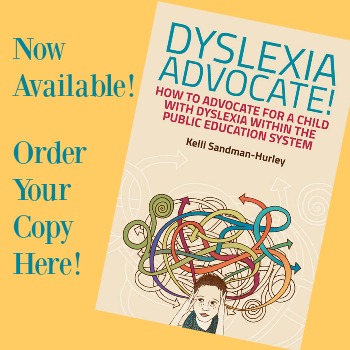
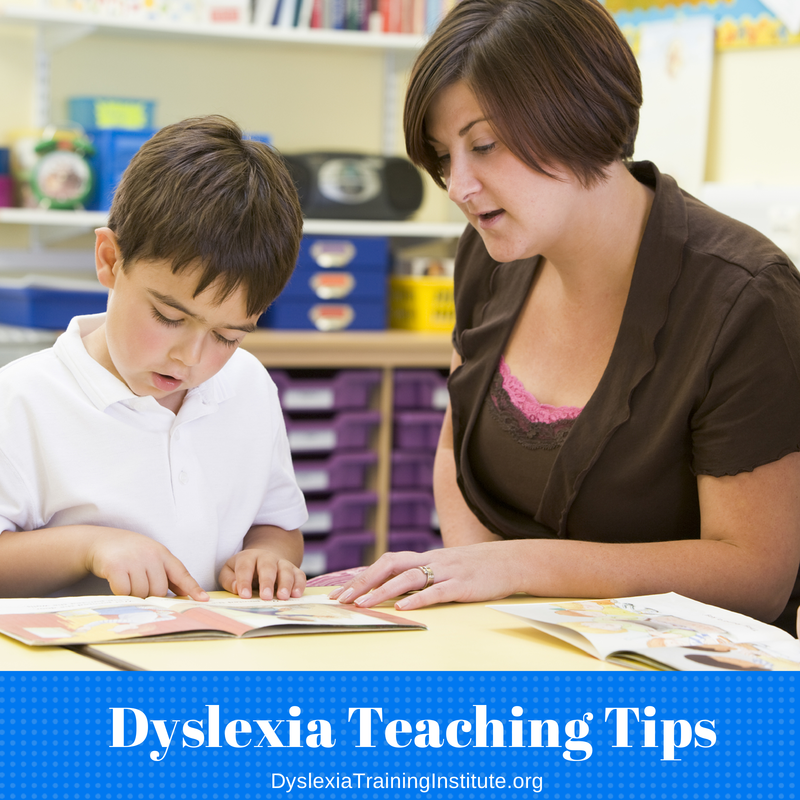
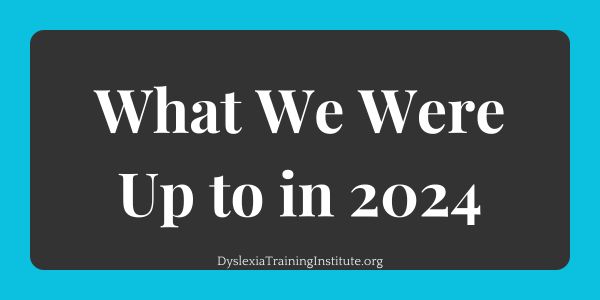
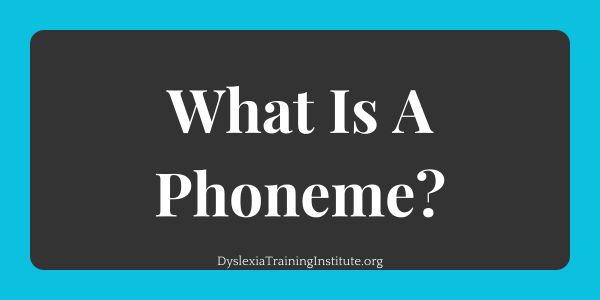
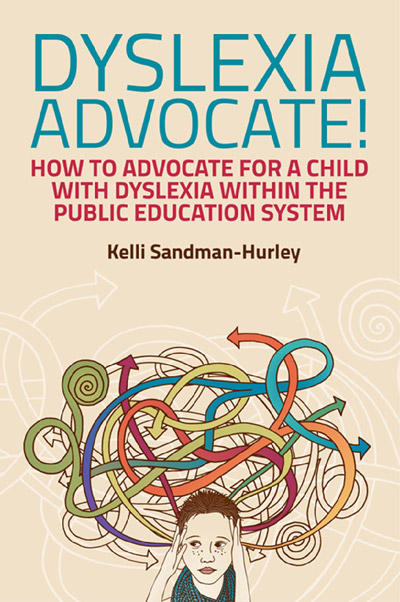
Loved the IEP meeting script! Sadly, so many of our stories are so similar within our public schools across the country. We need to turn the tide to increase awareness and early identification, and have trained teachers in OG delivering research based programs with fidelity. Our numbers are increasing and I hope that means our voices will be heard. Thanks for all that you do.